Sep 12
Charles H. Long Memorial Lecture: Emilie Townes
Maxwell Hall
-
Skeptical of the modern political and intellectual division of labor between the religious and the secular, researchers at the Center for Religion and the Human deploy a range of both traditional and experimental formats to address the question of what it means to be human. Funding for the Center for Religion and the Human is provided by generous support from the Henry Luce Foundation and the College of Arts and Sciences at Indiana University Bloomington.
Sep 12
Charles H. Long Memorial Lecture: Emilie Townes
Maxwell Hall
-
Sep 19
Book Talk with Janine Giordano Drake
1211 E. Atwater Avenue, Bloomington IN
-
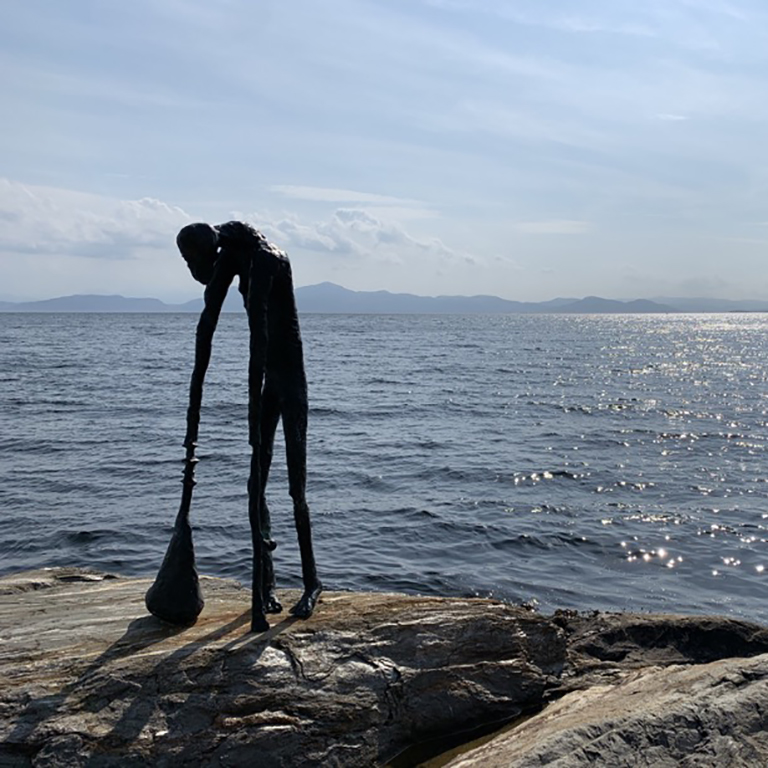
Forum on Experimental Books
The Abyss or Life Is Simple: Reading Knausgaard Writing Religion (University of Chicago Press, 2022) by the Knausgaard Reading and Writing Collective was featured in The Immanent Frame's forum on experimental books.
"Refusing the choice: Neither academic nor novelist, an experiment in writing," by Jeffrey Kosky
"Us being changed," by Kathryn Reklis
"Writing living," by Scott Korb
"Experiments in collective labor," by Kyle Wagner
"The future of us," by the Knausgaard Reading and Writing Collective
Read more about the Knausgaard Reading and Writing Collective in the Immanent Frame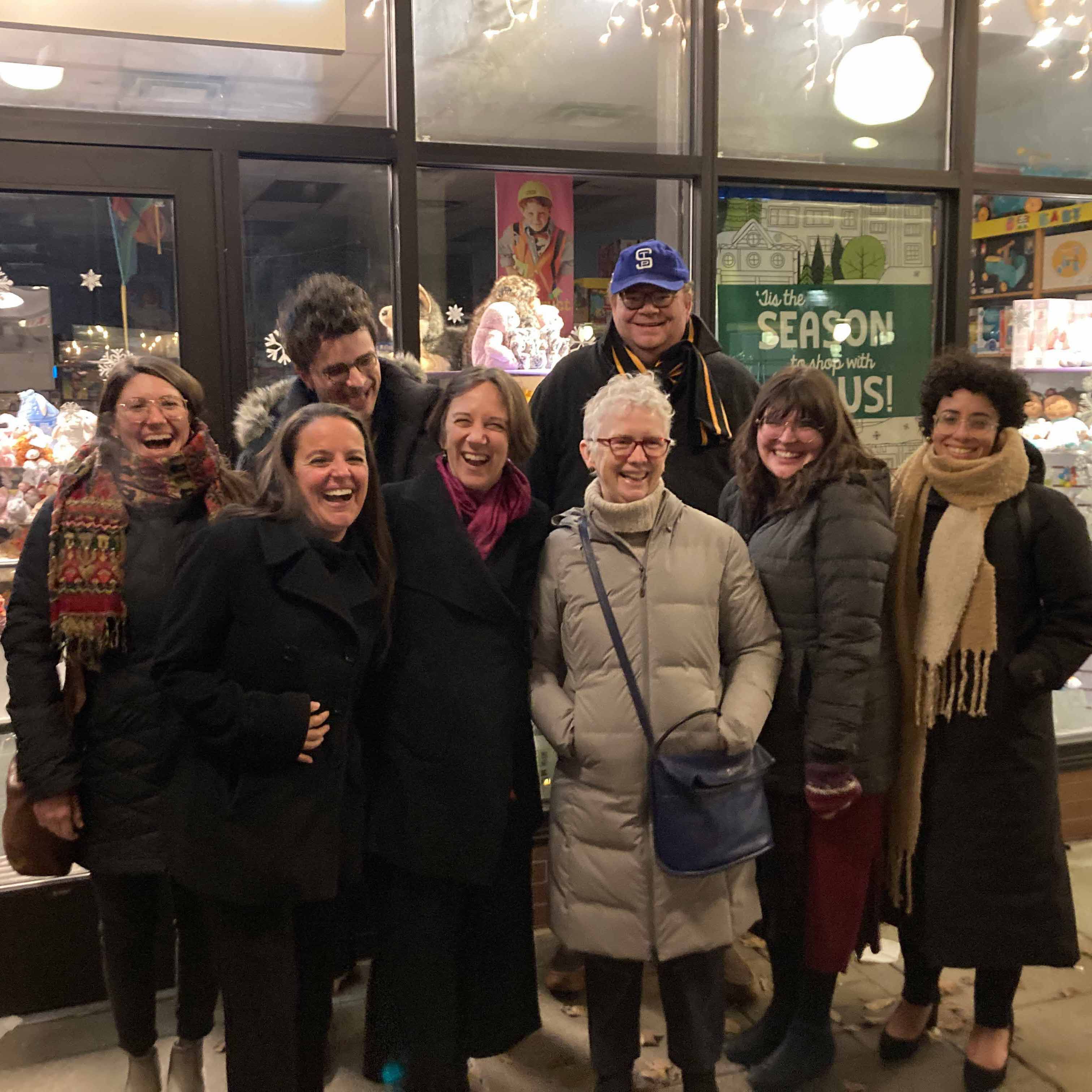
from the Henry Luce Foundation
Constance Furey, Cooper Harriss, Sarah Imhoff, and Winnifred Fallers Sullivan, co-PIs on the grant, expressed gratitude for the Henry Luce Foundation’s generous support and called it deeply affirming of the work they've done so far.
“This is a collective project,” Sullivan said. “Together with IU students and faculty participants from other universities, we’re excited to continue the Center’s research, creative activity, pedagogical innovation, and programming, building off of what we’ve developed in the first five years of our existence.”
Over the past six years, the Center for Religion and the Human has received $2M in total support from the Henry Luce Foundation: $1M in 2018 for “Being Human: Public Scholarship as Theological Anthropology,” $250,000 in 2022 for “Unstately Black Religion: A Three-Year Study,” and $750,000 in 2024 to support the Center for Religion and the Human’s ongoing projects.
Read more from "IU's Center for Religion and the Human Receives $750,000 from the Henry Luce Foundation"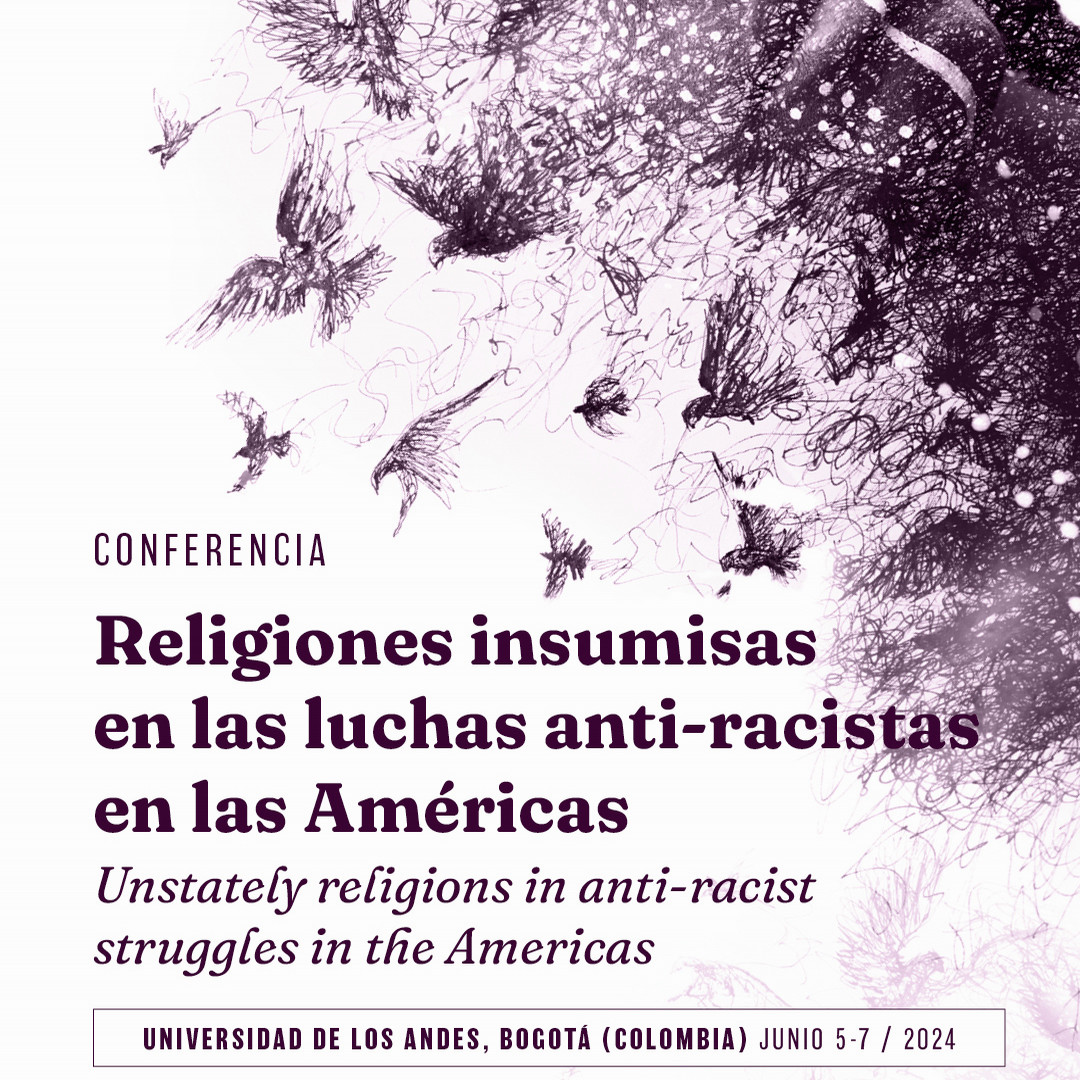
in Spanish and English, with simultaneous interpretation
Funded by a generous grant from the Henry Luce Foundation, "Religiones insumisas y luchas anti racistas en las Américas / Unstately Religions in Anti-Racist Struggles in the Americas" took place June 5-7, 2024 at the Universidad de los Andes in Bogotá, Colombia. Participants included academic researchers, graduate students, and religious leaders.
Learn more about "Religiones insumisas en las luchas anti-racistas en las Américas (Unstately religions in anti-racist struggles in the Americas)"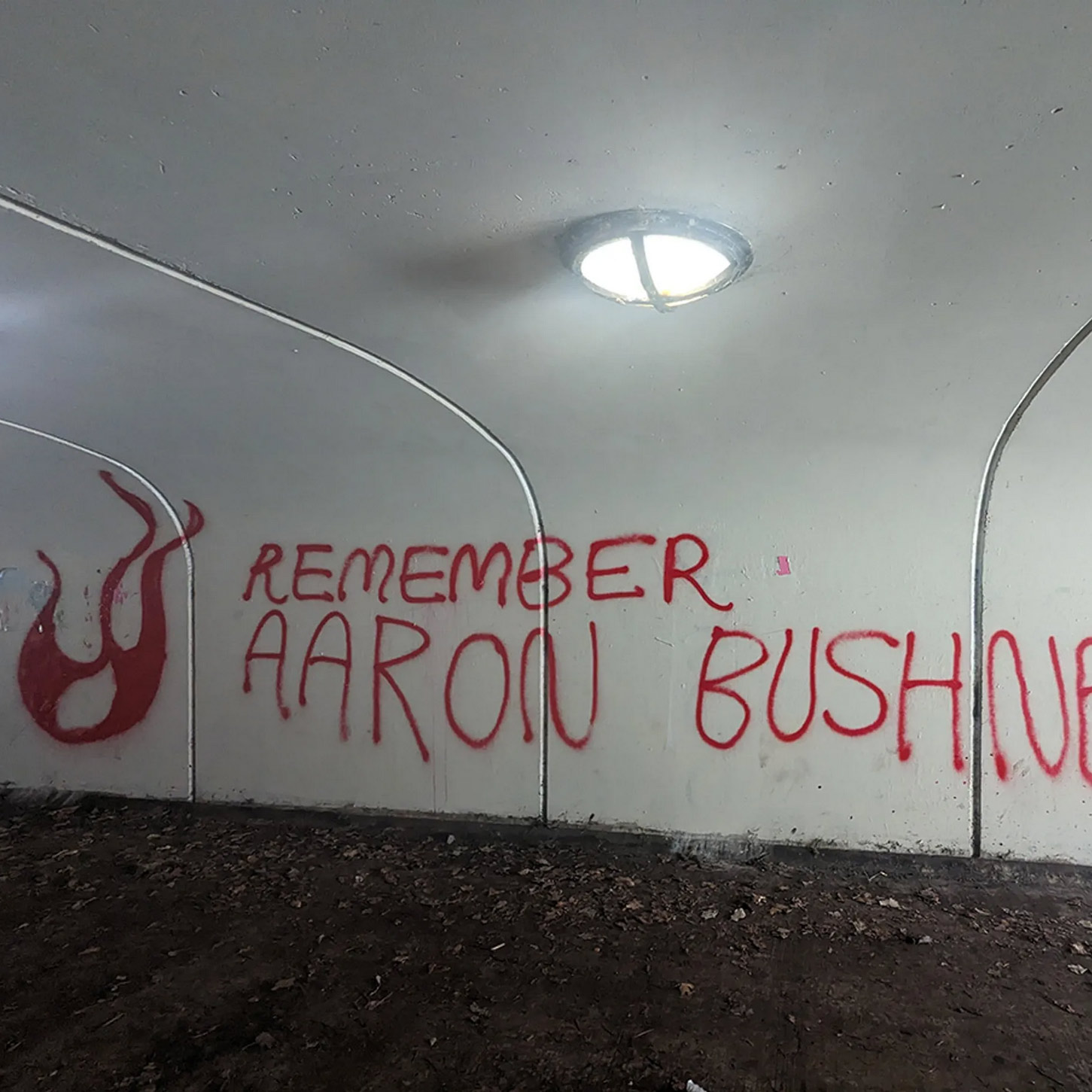
By Winnifred Fallers Sullivan
What if we understand Aaron Bushnell’s action as opening onto a different legal order—and collectivity—one to which we all also belong?
On February 25, 2024, Aaron Bushnell set fire to himself outside the Israeli embassy in Washington DC. A member of the US Air Force stationed near DC, Bushnell transmitted a live videorecording of himself in front of the embassy, announcing that his intention was to perform an extreme act of protest against genocide.
Read more from “. . . you’re doing it right now": Aaron Bushnell and Legal Pluralism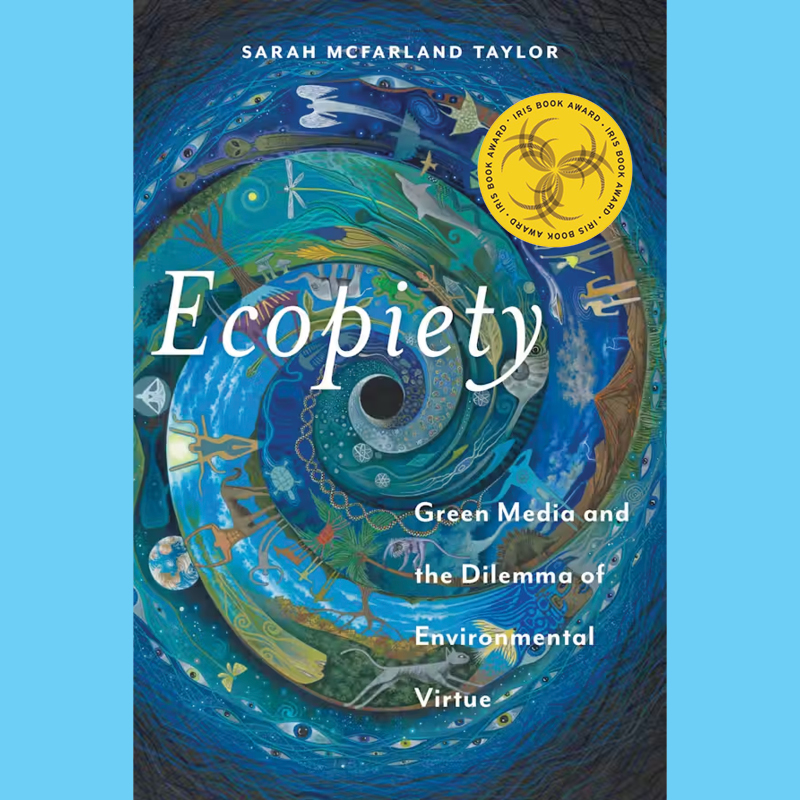
Ecopiety: Green Media and the Dilemma of Environmental Virtue
The Center for Religion and the Human at IU Bloomington announces Sarah McFarland Taylor’s Ecopiety: Green Media and the Dilemma of Environmental Virtue (NYU Press 2019) as winner of the fourth annual Iris Book Award. McFarland Taylor is Associate Professor of Religious Studies at Northwestern University where she specializes in the intersections of media, religion, culture, consumerism, climate change, conservation, and environment.
Read more about the 2023 Iris Book Award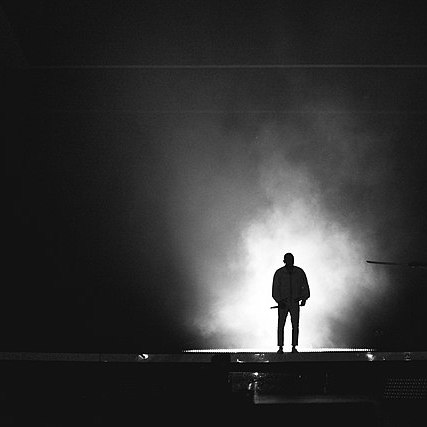
1211 E. Atwater Ave
thehuman@indiana.edu | (812) 855-3715
Hours: events and by appointment only
Limited parking: EMP (Lot 476 abutting back lawn only) and Neighborhood Zone 1 (on Ballantine).
On the other side of Ballantine Rd, is Lot 470.